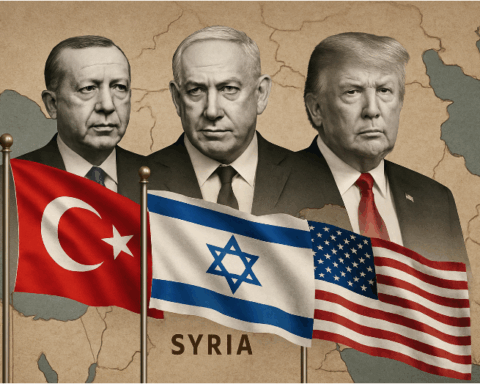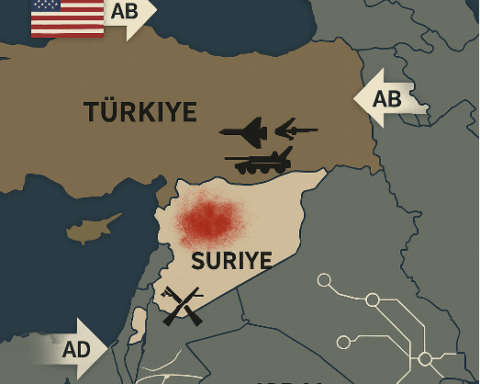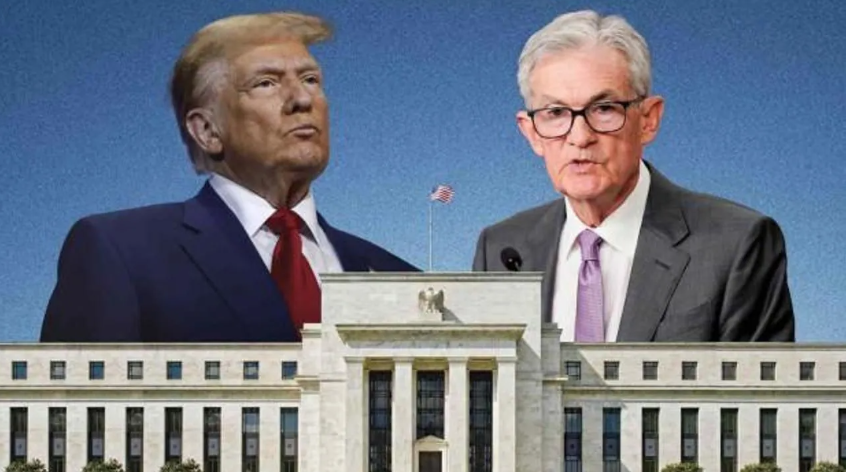The recent report by The New York Times revealing that the United States is withdrawing hundreds of troops from Syria marks a significant development in the geopolitical dynamics of the Middle East. According to the report, the Pentagon is preparing to shut down three of its eight military bases in northeastern Syria, reducing its troop presence from 2,000 to approximately 1,400 soldiers.
A Strategic Shift, Not Just a Drawdown
This move is not merely a logistical decision—it reflects a deeper recalibration of American foreign policy. While the fight against ISIS initially justified a sustained military presence in Syria, the U.S. now appears to be shifting its focus, reprioritizing global military commitments and responding to domestic political pressures. The reduction also aligns with broader trends of U.S. disengagement from prolonged ground conflicts in the Middle East, echoing previous troop withdrawals from Iraq and Afghanistan.
Implications for the United States
Domestically, this decision may play well with constituents weary of “forever wars” and eager for a more restrained international posture. Strategically, however, it opens questions about the U.S.’s commitment to allies on the ground, particularly Kurdish groups who have played a central role in the fight against ISIS. The withdrawal could be perceived by regional actors—and rivals such as Russia and Iran—as a sign of waning American influence in the region.
Regional Fallout: Power Vacuum and Realignment
The U.S. drawdown is likely to reshape the regional power balance. Russia and Iran, already deeply entrenched in Syria’s internal dynamics, may further expand their footprint. Syrian regime forces, emboldened by their alliances, could move swiftly into areas vacated by U.S. troops. Additionally, terrorist groups that were previously suppressed might find new space to regroup and launch operations.
For Turkey, this development presents both opportunities and risks. While Ankara has long criticized U.S. cooperation with Kurdish forces near its border, the withdrawal creates uncertainty over who will fill the vacuum—and whether that actor will be friendly or hostile to Turkish interests. A direct negotiation between Turkey and regional Kurdish groups, or between Ankara and Damascus, may become inevitable.
Global Reverberations
Beyond the Middle East, the troop withdrawal will be closely monitored by U.S. allies and adversaries alike. For NATO members, it may reinforce concerns about Washington’s long-term strategic reliability. For China and Russia, it is likely to be interpreted as further confirmation that the United States is entering a more insular phase in its foreign policy—a perception that could embolden them in other geopolitical arenas such as Taiwan or Ukraine.
Moreover, the move will feed into broader debates about U.S. global leadership. Is the United States retreating from its post-World War II role as global policeman? Or is it recalibrating to better focus on strategic threats in the Indo-Pacific and Eastern Europe? The answer may depend on how Washington manages its relationships and responsibilities in the wake of the withdrawal.
Looking Ahead: Uncertain Terrain
The planned reassessment in 60 days suggests that this is a fluid situation rather than a fixed strategy. It gives Washington room to maneuver diplomatically or militarily, depending on how the regional situation evolves. But for now, the decision marks a turning point—not just for U.S. policy in Syria, but for the broader architecture of Middle Eastern geopolitics.
In an increasingly multipolar world, the consequences of any American retreat are not confined to the battlefield. They ripple through alliance networks, strategic calculations, and the global perception of power itself.
- Tension Between Donald Trump and Elon Musk: Is a Major Crisis Beginning in the American System? - June 6, 2025
- Harvard Faces Federal Funding Freeze Over Alleged “Disrespect to the Nation,” Says McMahon - May 6, 2025
- Tariffs, Troubles, and Transition: A Tumultuous Week for the U.S. and NYC Economy - May 6, 2025










